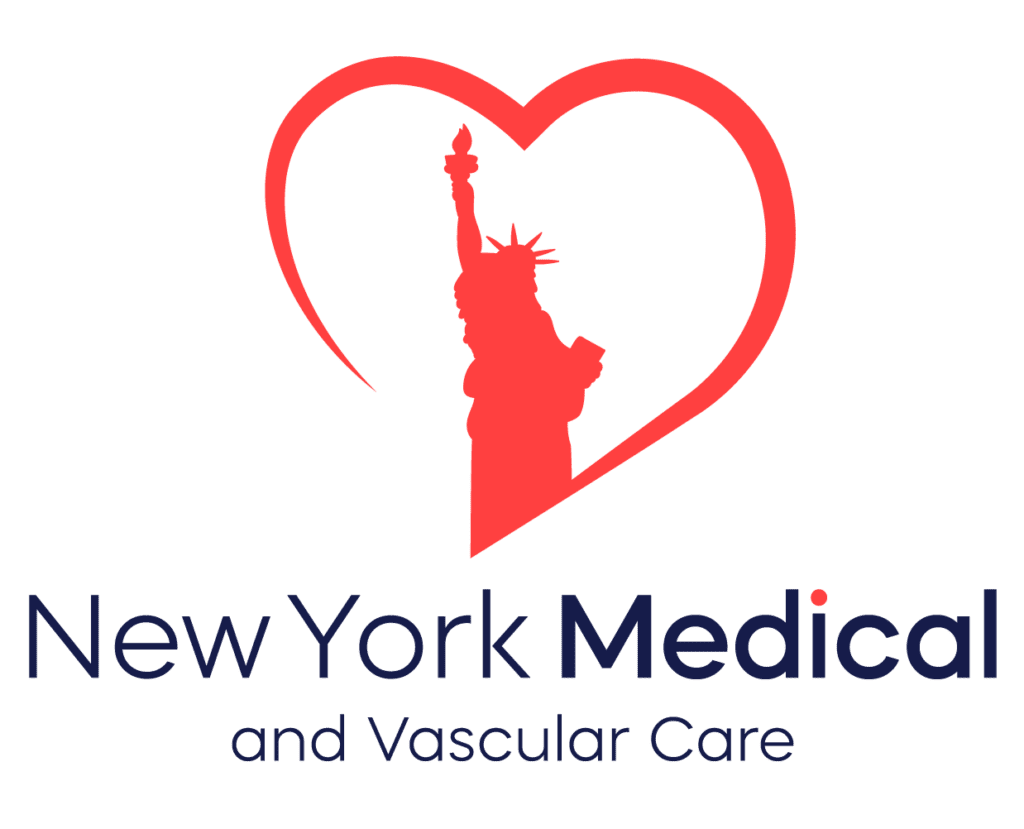Migraine Management and Treatment Options: Navigating the Path to Relief
Migraines affect millions of people worldwide. These debilitating headaches go beyond the typical stress or tension-related headache, often accompanied by nausea, vomiting, and sensitivity to light and sound. Here, we discuss the latest advancements in migraine research and offer practical tips for those struggling with this condition.
Understanding Migraines: More Than Just a Headache
Migraines are complex neurological events characterized by intense, throbbing headaches, usually on one side of the head. They can last from a few hours to several days and are often so severe that they interfere with daily activities.
Latest Advancements in Migraine Research
New Medications: Recent years have seen the development of several new medications specifically designed to treat migraines. These include CGRP (calcitonin gene-related peptide) inhibitors, a new class of drugs that prevent migraines by blocking the peptide believed to play a critical role in these headaches.
Neuromodulation Devices: Non-pharmacological approaches like neuromodulation have gained traction. These devices use electrical or magnetic stimulation to modulate pain signals in the nervous system, offering an alternative for those who cannot take traditional migraine medications.
Personalized Medicine: Research is increasingly focusing on personalized medicine, tailoring treatments based on individual patient profiles, including genetic makeup. This approach promises more effective and targeted migraine management.
Tips for Managing and Preventing Migraines
Identify and Avoid Triggers: Common migraine triggers include certain foods, stress, hormonal changes, and sensory stimuli. Keeping a headache diary can help you identify and avoid your specific triggers.
Lifestyle Modifications: Regular sleep patterns, a balanced diet, staying hydrated, and regular exercise can help reduce the frequency and severity of migraines.
Stress Management: Since stress is a known migraine trigger, techniques like yoga, meditation, and other relaxation strategies can be beneficial.
Medication Management: Overuse of pain relief medication can lead to rebound headaches. It’s essential to use medications as prescribed and discuss any concerns with your healthcare provider.
Regular Check-Ups: Regular visits to your healthcare provider are critical, especially if your migraine patterns change or your headaches worsen.
When to Seek Professional Help
If you experience frequent or particularly severe migraines, it’s important to consult a healthcare professional. They can provide a proper diagnosis and help develop a comprehensive treatment plan tailored to your needs.
A Multifaceted Approach to Migraine Relief
At New York Medical Vascular Care, we understand the profound impact migraines can have on your life. We’re committed to providing our patients with the latest in migraine treatment and management strategies. Remember, you’re not alone in this journey. With the right approach and support, it’s possible to manage your migraines and improve your quality of life.
For more information or to schedule an appointment with one of our specialists, please contact us. Let us be your partner in navigating the path to migraine relief.
Written by Dapralab


